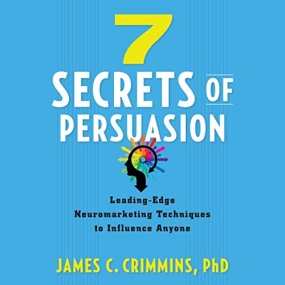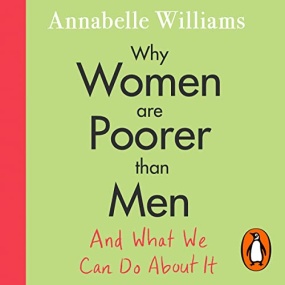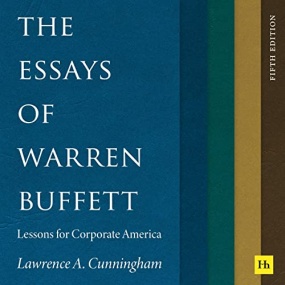
在这本书中,作者提出了一个看似简单的问题:什么是或者应该是,经验在管理中,尤其是在组织中进行管理应该扮演的角色?民间智慧对于经验的观点似乎分为两派,一方面,经验被人们视为最好的老师。另一方面,经验又被称其为傻瓜老师,对于那些不能管理或者不愿意管理的人来说,这是他们快速取得知识得最有效的途径。这种分歧也就表明了对于从经验中管理是长期以来管理学家们孜孜不倦,一直在思考的重要议题。本书涵盖了组织中(包括具体的个人)凭借经验来解决他们意料之外的问题,并由此进行生存,改进和发展。
In The Ambiguities of Experience, James G. March asks a deceptively simple question: What is, or should be, the role of experience in creating intelligence, particularly in organizations? Folk wisdom both trumpets the significance of experience and warns of its inadequacies. On one hand, experience is described as the best teacher. On the other hand, experience is described as the teacher of fools, of those unable or unwilling to learn from accumulated knowledge or the teaching of experts. The disagreement between those folk aphorisms reflects profound questions about the human pursuit of intelligence through learning from experience that have long confronted philosophers and social scientists. This book considers the unexpected problems organizations (and the individuals in them) face when they rely on experience to adapt, improve, and survive.
While acknowledging the power of learning from experience and the extensive use of experience as a basis for adaptation and for constructing stories and models of history, this book examines the problems with such learning. March argues that although individuals and organizations are eager to derive intelligence from experience, the inferences stemming from that eagerness are often misguided. The problems lie partly in errors in how people think, but even more so in properties of experience that confound learning from it. “Experience,” March concludes, “may possibly be the best teacher, but it is not a particularly good teacher.”
文本下载

下载信息已被隐藏,请在下方输入 验证码 查看隐藏内容
关注微信公众号,回复“验证码”,获取验证码。 在微信里搜索“力哥爱阅读”或扫码关注。
⚠️ 取关用户无法收到验证码或任何消息,无需再次关注 ⚠️






